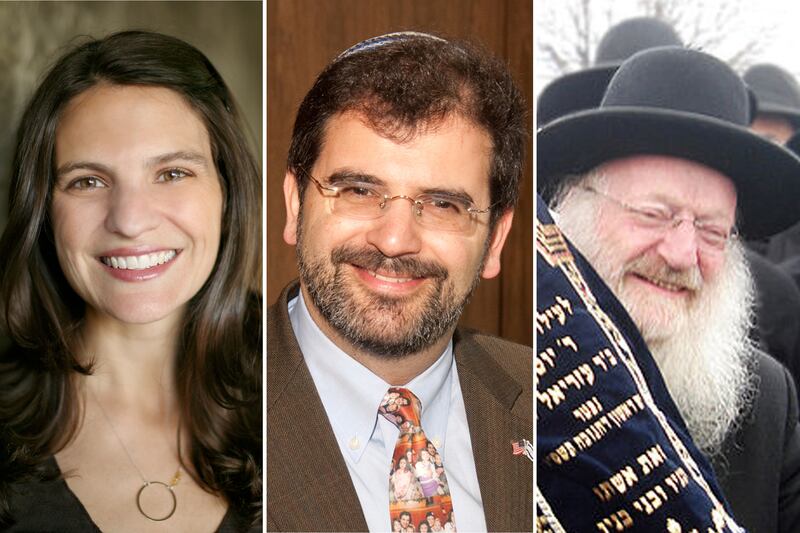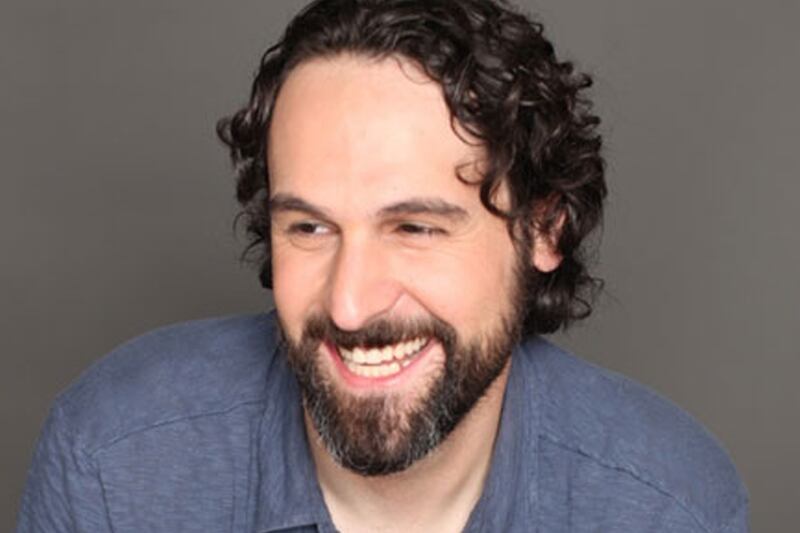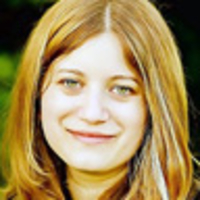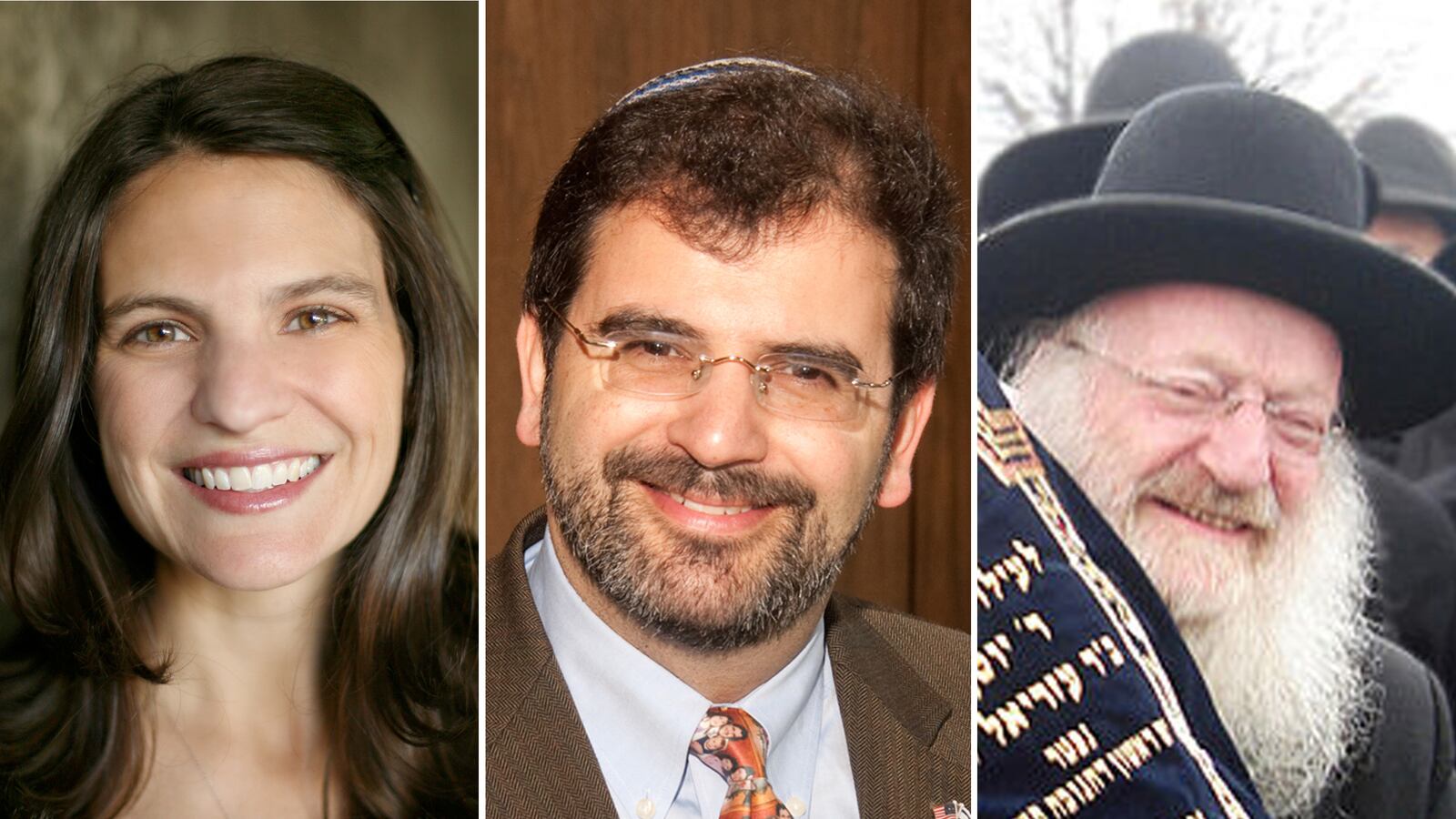What makes a “great” 21st-century rabbi?
She may comfort a dying man or mentor a struggling student or give a Rosh Hashanah sermon that sticks with her congregants throughout the year.
A “great” rabbi in the context of this list does these things, too. But they are also influencers on a grand scale, because they are effective at bringing ideas, innovations, and inspiration to large numbers of American Jews.
In crafting this list, we take into consideration a rabbi’s public profile and constituency size and the magnitude with which their ideas are shaping the Jewish landscape. Special attention is paid to their work over the past 12 months. As is the case for just about every “top” or “best of” list, there is an element of subjectivity to how the list makers evaluate the criteria.
This list comprises rabbinic leaders from across the denominational spectrum and those who don’t affiliate with a movement. It includes pulpit rabbis, educators, organizational leaders, activists, and scholars. It includes clergy working in Dallas, Minneapolis, Memphis, and Columbus, Ohio, but like American Jews themselves, the rabbis on this list are clustered on the coasts—particularly in New York and Los Angeles.

This list features women and men, although fewer women than men—a perennial knock on the project. The facts remain: Women still make up a relatively small percentage of rabbis in Judaism’s largest liberal streams—35 percent of Reform rabbis and 17.5 percent of Conservative rabbis, according to data provided to me by the movements. Orthodox seminaries do not ordain women rabbis (though one Orthodox yeshiva is graduating its first class of female clergy this year—see Nos. 10 and 16). And real obstacles exist to women’s advancement throughout the Jewish workforce (though efforts are under way to change that—see No. 47).
Just who is behind the selection?
Gary Ginsberg, Time Warner’s executive vice president, corporate marketing and communications, and Michael Lynton, the CEO of Sony Entertainment, who started the list back in 2007, continue to play key roles in the list’s composition and order.
So too does Abigail Pogrebin, an author and former 60 Minutes producer. Pogrebin, my guide throughout this process, wrote the list in 2011 and 2012 and has spent much of the last decade seeking opportunities to study Torah and Judaism. Her first book, Stars of David: Prominent Jews Talk About Being Jewish, is currently being adapted into a musical produced by Daryl Roth. She is also the author of the 2009 memoir One and the Same, about being an identical twin, and the moderator of an interview series, “What Everyone’s Talking About,” at the JCC in Manhattan.

My own background includes nearly a decade of experience covering the Jewish community. I’m an alumna of The Forward, where I served as director of digital media and founded the website’s women’s-issues blog, The Sisterhood. I worked previously at The New York Sun, where I covered religion and was features editor, and at The New York Jewish Week, where I was a staff writer.
Having researched the work of the rabbis on this list, it's clear to me just how much Jewish thought is informing the debate over everything from gun policy to gay rights to the role technology plays in our lives. Also apparent is the tremendous innovation that has been born of merging ancient traditions and modern life; you may not need to look further than your own seder table to see evidence of that.
So before the matzo-ball soup gets cold, read through our “Most Influential Rabbis” list, followed by our inaugural “Rabbis to Watch” list, showcasing emerging rabbinic talent. Happy Passover.




